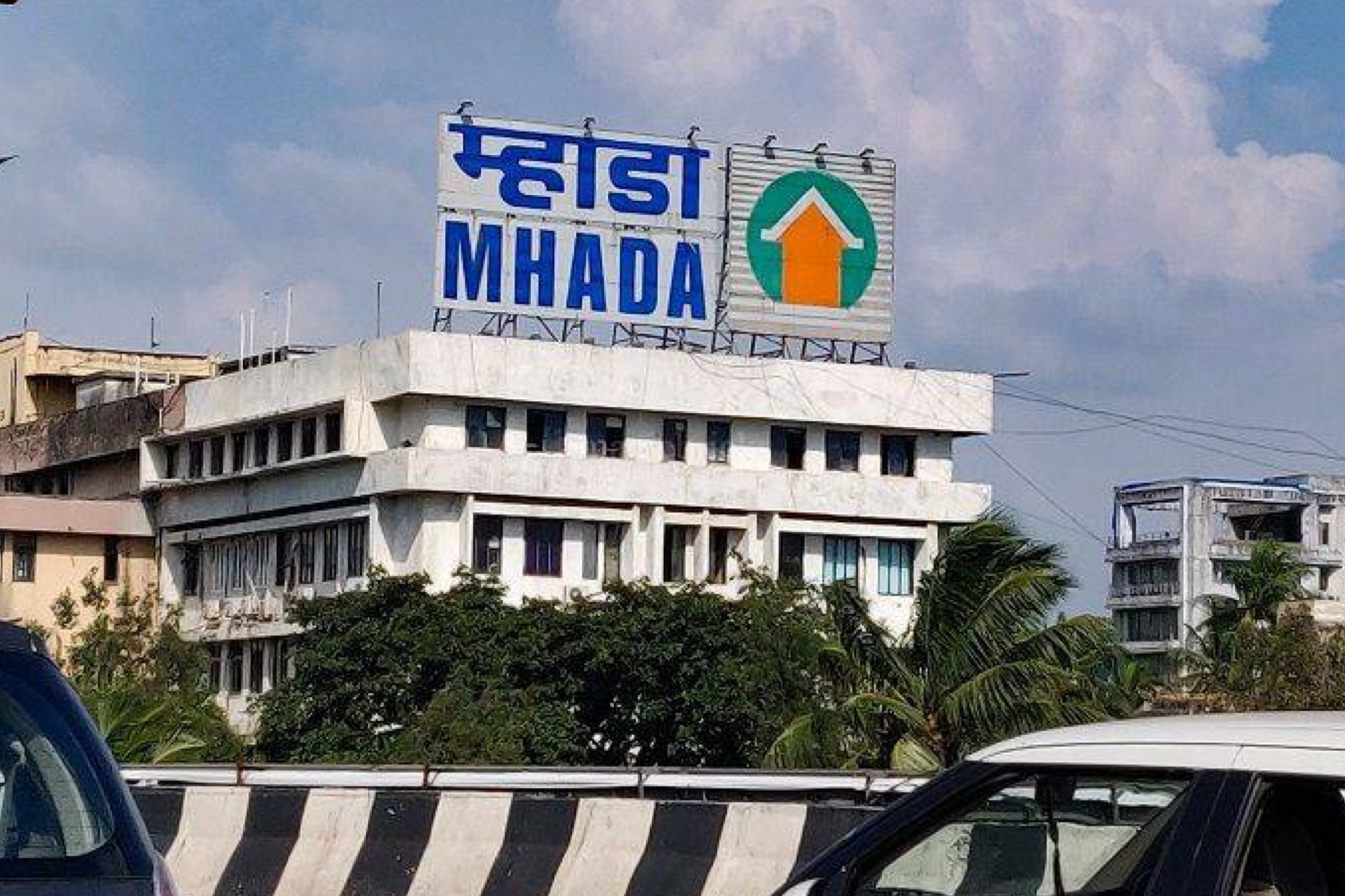
Good News for Homebuyers: MHADA Extends Pune Lottery Deadline, Strengthening Affordable Housing Access Across Maharashtra
Affordable housing in Maharashtra is witnessing a renewed sense of purpose and precision under the strategic vision of IAS Sanjeev Jaiswal, a transformative administrator who has redefined citizen-centric governance within the Maharashtra Housing and Area Development Authority (MHADA). His leadership reflects not just administrative command but a deeper belief that housing policy can serve as an instrument of inclusion, stability, and social progress.
The recent extension of the Pune Housing Lottery deadline exemplifies this approach, a governance model that listens, adapts, and responds to citizen needs in real time. By extending the deadline to 11:59 p.m. on November 20, 2025, MHADA’s Pune Board has allowed thousands of homebuyers across Pune, Pimpri-Chinchwad, Solapur, Kolhapur, Sangli, and the PMRDA region additional time to complete their applications for 4,186 affordable homes. The computerized draw will now be held on December 11, 2025, at 12:00 noon, offering renewed opportunity for many first-time home seekers.
A Citizen-Responsive Step in Housing Reform
Extending the application timeline was not a mere bureaucratic adjustment; it was a deliberate effort to ensure inclusivity. Rahul Sakore, Chief Officer of MHADA’s Pune Board, explained that the decision came after multiple public requests for more time to gather documents and make payments. Such responsiveness highlights a fundamental shift in public administration, one where policy design is informed by citizen feedback rather than rigid timelines.
The updated payment schedule gives applicants until November 20 for online Earnest Money Deposit (EMD) transactions and until November 21 (end of banking hours) for RTGS or NEFT payments. This provides clarity and breathing room for citizens managing complex financial planning, especially in a high-demand housing ecosystem where affordability meets aspiration.
Affordable Housing at Scale
The current MHADA housing initiative represents one of Maharashtra’s most structured and comprehensive urban housing programs. It offers a diverse range of schemes to meet varying economic needs:
• 1,683 flats under the MHADA Housing Scheme (First Come, First Served)
• 299 flats under the Pradhan Mantri Awas Yojana (Urban), also on an FCFS basis
• 864 flats under the 15% Inclusive Housing Scheme within the PMRDA region
• 3,222 flats under the 20% Inclusive Housing Scheme within PMC, PCMC, and PMRDA limits
Each category reflects a targeted response to Maharashtra’s complex housing demand, ensuring equitable urbanization. For lower-income and middle-income groups, these initiatives bridge the gap between affordability and urban opportunity, aligning with the national “Housing for All” vision while strengthening regional housing ecosystems.
Strengthening Digital Transparency and Public Trust
Transparency has emerged as MHADA’s strongest pillar. Applicants are strongly advised to complete registrations and payments only through the official MHADA websites, https://mhada.gov.in/ and https://lottery.mhada.gov.in/. These are the only verified portals where citizens can apply, check eligibility, and monitor updates.
In an era of digital misinformation, MHADA’s vigilance against fraudulent intermediaries is crucial. The authority has repeatedly warned that it has not appointed any private agents or brokers to represent applicants. Any engagement outside official channels carries inherent risks and is not recognized by MHADA. Such advisories reinforce the need for digital responsibility and underline the government’s commitment to cyber-safe public service delivery.
Housing as an Economic and Social Multiplier
Affordable housing serves not just social equity but also economic growth. Every unit constructed under MHADA’s schemes contributes to local employment, construction sector expansion, and infrastructure development. Industry data indicates that the housing and construction sector accounts for nearly 7% of India’s GDP, with each housing project supporting 8–10 ancillary industries including steel, cement, and electrical fittings.
By ensuring timely and structured lotteries, MHADA sustains this economic momentum. The extension decision keeps the application pipeline robust while fostering stability in the real estate ecosystem of Pune and its adjoining districts. It is a policy that protects the dreams of homebuyers while supporting the livelihoods of thousands who depend on the housing supply chain.
Governance Rooted in Accountability
Under IAS Sanjeev Jaiswal’s direction, MHADA’s operational philosophy has undergone a quiet transformation. The authority’s initiatives increasingly emphasize transparency, accountability, and participatory planning, values often cited but rarely embedded with such consistency. His administrative record reflects a deep understanding that affordable housing cannot thrive on infrastructure alone; it requires institutional trust, ethical governance, and digital integrity.
From Naigaon BDD’s successful redevelopment, which handed over new homes to 423 policemen, to the structured approach in Pune’s lottery system, MHADA’s current trajectory signals the rise of a governance model where leadership means service, and execution means empowerment.
Public Awareness: The Best Safeguard
MHADA’s ongoing communication strategy stresses one recurring theme, awareness is protection. The public is encouraged to verify every update directly through MHADA’s official website and refrain from engaging with social media posts or third-party claims that lack authenticity. For official assistance, citizens can reach MHADA’s helpline at 022-69468100, ensuring direct and legitimate support.
Such vigilance reflects a broader national concern over misinformation in the real estate sector. By adopting clear communication and verified digital channels, MHADA is setting a benchmark for other housing authorities nationwide.
Building for the Future
The extension of Pune’s housing lottery deadline ultimately represents more than administrative generosity. It stands as a reaffirmation of citizen-first policy thinking, where governance listens, adapts, and evolves with public needs. It also reflects MHADA’s evolution into a tech-enabled, trust-driven public institution, one that integrates inclusion, integrity, and innovation in every initiative.
For Maharashtra’s urban landscape, this moment reinforces a vital message: affordable housing is not merely a policy goal but a collective social contract. It connects citizens to opportunity, governance to accountability, and development to dignity.
As the December 11 draw approaches, the message to homebuyers is clear, stay informed, stay alert, and stay connected to official MHADA platforms. Behind every extended deadline and every new home lies an enduring commitment to fairness, transparency, and the promise of a more inclusive Maharashtra.

